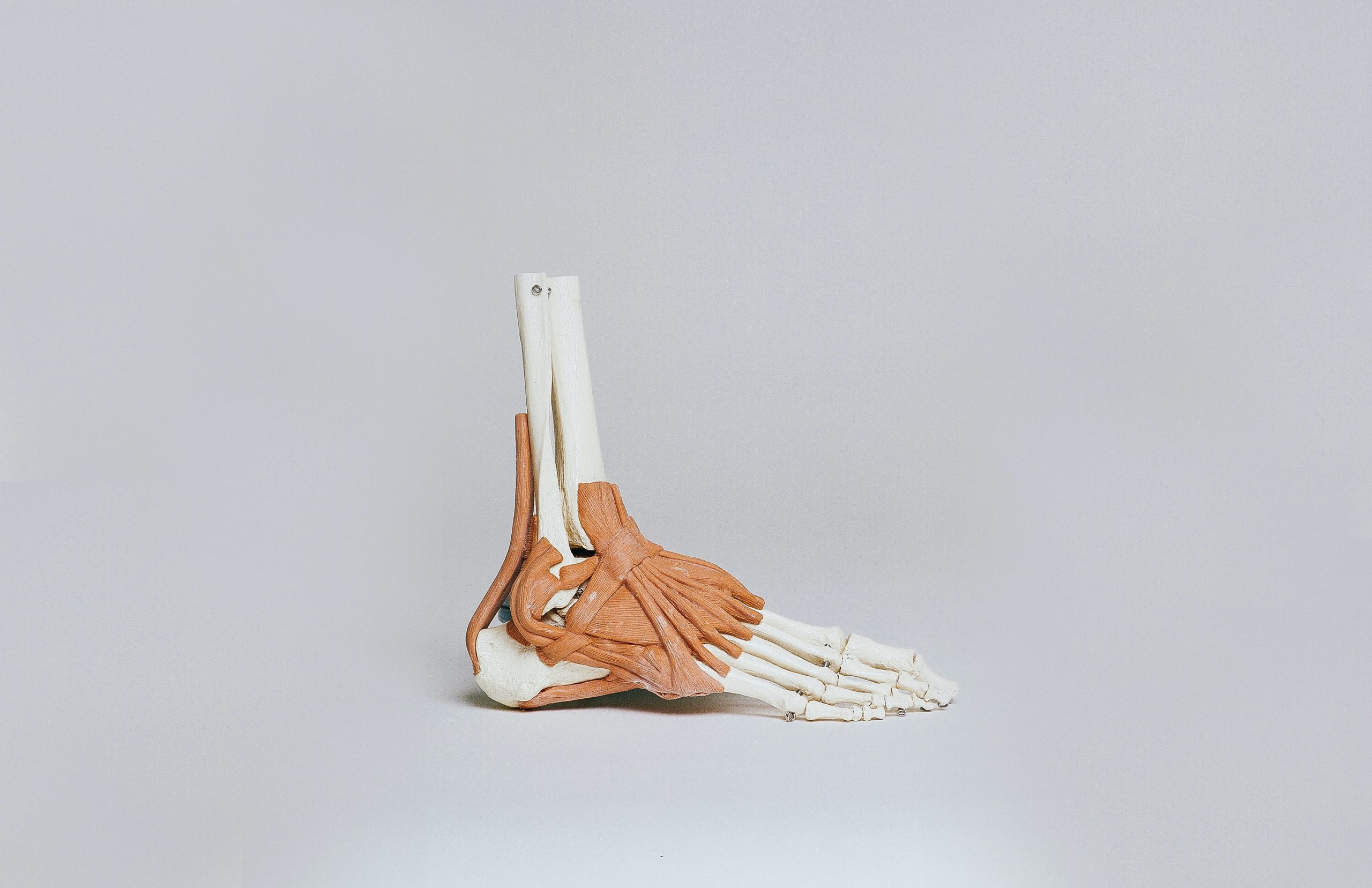
Diabetes has many health implications. But did you know that it impacts your feet as well? When you have diabetes, it is important to take special care of your feet, as you are more prone to serious injuries and infections.
Diabetes affects the circulation in your body, and this can result in you losing feeling in your feet. When you are unable to feel sensation in your feet, it’s very easy to ignore minor cuts and other issues. This lets small issues fester into bigger infections and injuries. Diabetes also affects the way your body heals. This can result in slower healing of injuries, promoting infections and complications. In major cases, amputation may be needed.
This is why diabetic foot care is so important. It’s very easy to avoid serious foot problems by practising daily diabetic foot care and visiting a podiatrist at least once a year. Podiatrists handle diabetic foot care management and can help keep your feet healthy.
As podiatrists, we know how important it is to educate people with diabetes about foot care. We’ve put together this blog to explain diabetic foot care to you and help you understand how podiatrists can help. Read on to learn more.
How Is Circulation Affected in People with Diabetes?
As we said, diabetes can affect your body’s circulation. Having poor circulation can lead to a decrease in blood supply to your body, especially your feet. When your feet have a low blood supply, it makes it harder for small sores and cuts to heal. This can lead to severe infection. It’s important to catch the early signs of poor circulation to prevent these issues from occurring. If you feel cramps or pain in the backs of your legs while walking, you could have poor circulation.
Circulatory issues can also be further affected by your habits. In fact, poor circulation can happen due to the narrowing or hardening of clogged arteries as well. That’s why you should avoid smoking, maintaining high blood glucose levels, and having a high blood fat content.
Diabetic Foot Care Management
Now that you know more about diabetes and how it affects your feet, we can tell you more about diabetic foot care management.
It’s recommended you visit a podiatrist for a foot check-up at least once a year if you have diabetes. This is so you can have a professional take regular looks at your feet to detect any issues early on. This helps to prevent ulcers, cuts, sores, and other issues from turning into larger problems. You’ve probably heard that you can get gangrene due to diabetes. This is very true. As we mentioned earlier, serious cases can even lead to amputation. This occurs when you don’t practice diabetic foot care and delay treatment of any type of foot injury.
In truth, diabetic foot care management is not just a one-off thing. You must always take care of your feet, and practice daily diabetic foot care habits to avoid injuries and discomfort. Here are a few ways you can practice diabetic foot care management at home:
Daily Diabetic Foot Care Management:
If you have diabetes and also suffer from neuropathy or vascular disease, here’s how you can avoid foot complications:
– Make sure to clean your feet on an everyday basis. Always dry your feet well after washing them, especially between your toes.
– Always check your feet for redness, heat, swelling, or anything else out of the ordinary. These could be signs of infection.
– If your toes collect a lot of moisture, you can use methylated spirits to keep them dry.
– Take care of dry feet by moisturising them, especially in case of cracked heels. Avoid moisturising between your toes.
Diabetic Foot Care Practices While Buying New Shoes:
If you’re in need of new shoes, here’s how you can optimise them for your safety:
– Never feel pressured into buying shoes you don’t feel comfortable in. If you aren’t entirely happy with a pair of shoes, don’t rush into buying them.
– Try to avoid buying open-toed shoes. When you buy closed-toed shoes, avoid shoes with narrow toes.
– Make sure to measure your feet well and try on shoes properly to check them. Ensure they’re wide, long, and deep enough.
Avoiding Nerve Injury:
– Avoid walking barefoot.
– Make sure to wear the correct shoes. They must be protective and well-fitting. Try to avoid open-toed shoes as far as possible.
– Make sure to visit a podiatrist to treat corns, calluses, verrucas, and other issues.
– Always keep your toenails trimmed. Avoid cutting too deep and only cut along the natural shape of the toenail. File off rough edges after cutting.
– Avoid burning your feet by checking your bathwater temperature with your elbow before stepping in.
– Radiant heaters are hot, so make sure your feet don’t get too close.
– Make sure you are aware of any symptoms that might indicate a problem, such as decreased circulation, abnormal foot structure, or poor hygiene, every six months.
How Diabetes Affects Your Feet’s Nerve Supply
Now that you know how to go about some important diabetic foot care practices on your own, it’s important to know why they’re so integral. Especially when it comes to nerve injury and damage.
You have nerves all over your body that carry messages (feelings) to your brain. Diabetes can damage the nerves in your feet the most.
Insensitive, painful or numb feet can be caused by damaged nerves (neuropathy). There is a possibility of minor cuts, blisters or burns not being felt, and ulcers may develop without your knowledge. Burning, tingling, and pain are common symptoms of neuropathy. At night, it tends to be worse.
In spite of the fact that many people with nerve damage do not complain of any symptoms, they are still at risk for developing ulcers if they do not get the proper treatment.
Visiting a Podiatrist for Diabetic Foot Care Management
A podiatrist is a highly trained health professional who specializes in treating foot problems and preventing them.
If your feet aren’t feeling well or you have circulation problems:
– Visiting a podiatrist at least once a year is recommended.
– Avoid trying to treat corns, calluses, and other issues by yourself.
If you’re looking for a reliable podiatrist near you, contact us. Our leading podiatrists here at Bucks Foot Clinic have years of experience and are specialised in diabetic foot care management. Book an appointment with us for a consultation today.
Please call us on 0800 107 3290 / 077 99 122 099 Or contact us now
